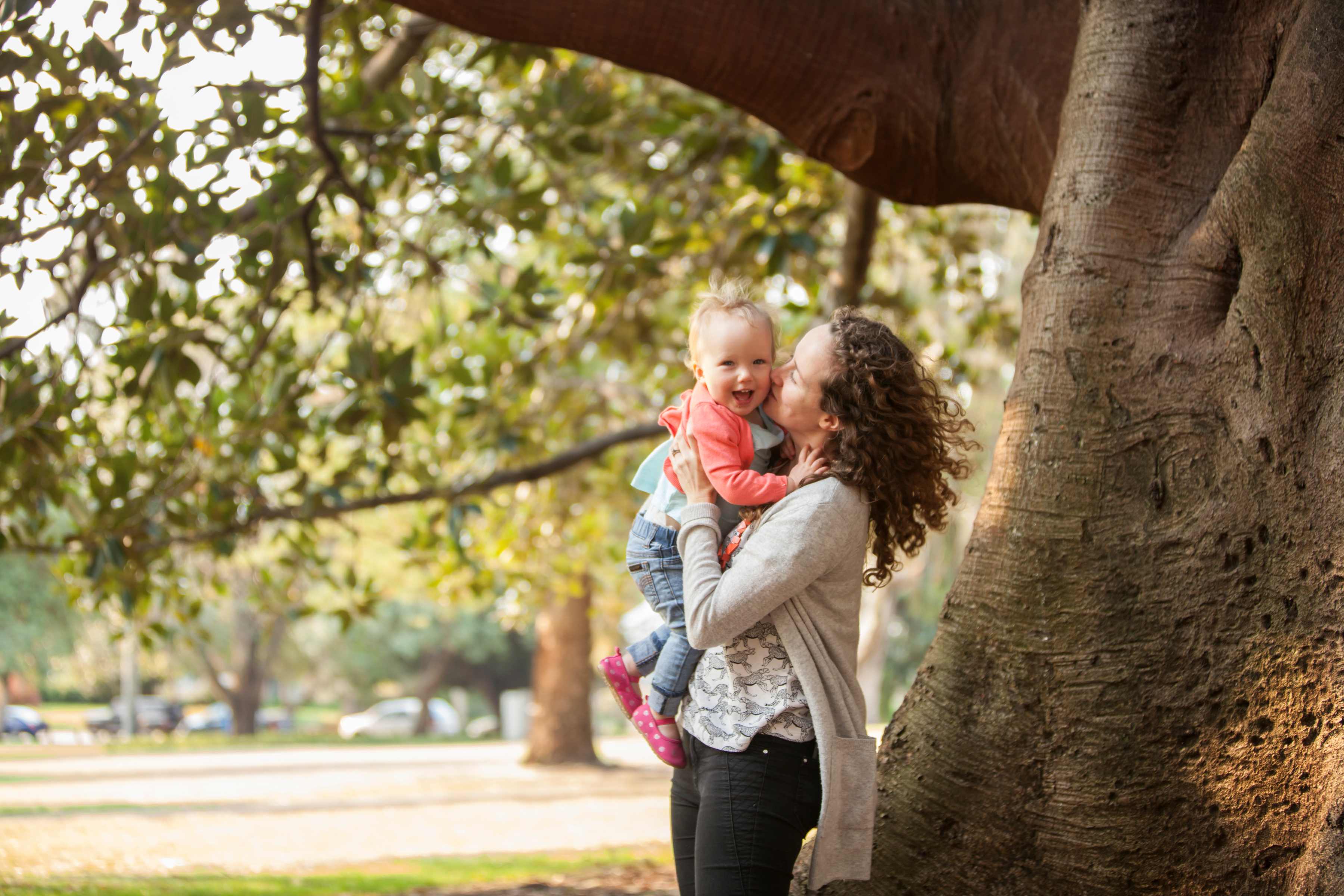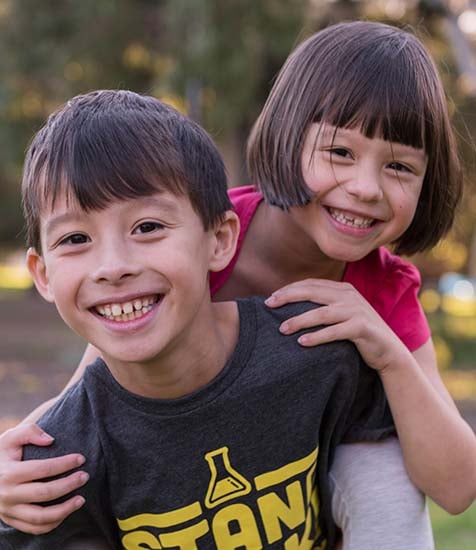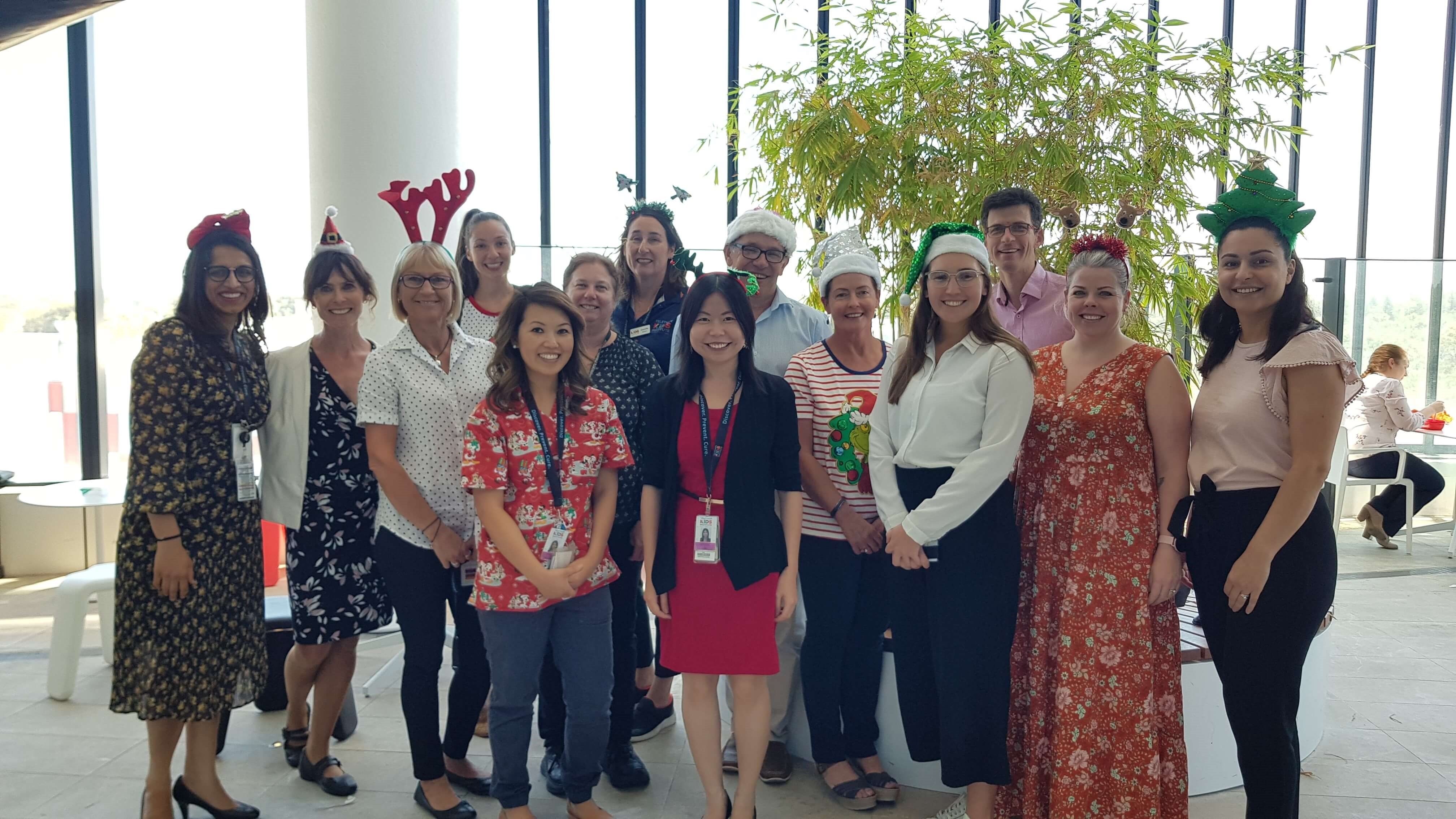Search
The PAEDS Study monitors childhood conditions of public health importance that are difficult to effectively capture through other surveillance mechanisms.

Researchers at The Kids Research Institute Australia are studying a new pneumococcal vaccine designed to provide a broader protection for 21 serotypes of the bacteria S. pneumoniae – 8 more serotypes than the current vaccine given to new babies.

We are looking for children and teenagers to take part in an important study investigating the effectiveness of a new combination booster vaccine designed to protect against tetanus, diphtheria, pertussis (whooping cough) and polio.
Help us discover a way to expand protection for the next generation.

The CMVictory Study aims to learn more about the safety and effectiveness of a potential CMV vaccine.

Coming up in 2021 Contact us We have a a study to suit every age range in 2021! From babies at just six weeks for the FluBub Study, through to
ATOMIC Ears Study The ATOMIC Ears Study aims to evaluate a new treatment designed to prevent ongoing ear infections in kids having grommet surgery.
Contact us If you'd like to get in touch, please contact us by phone or email. Phone: 0400 450 240 Email: vtg@thekids.org.au PAEDS Paediatric Active
MenABCWY QUINTET Study Meningococcal disease is a rare but serious disease that can result in death if not recognised and treated quickly. There are
Coming up in 2021 We have a a study to suit every age range in 2021! From babies at just six weeks for the FluBub Study, through to teenagers in
